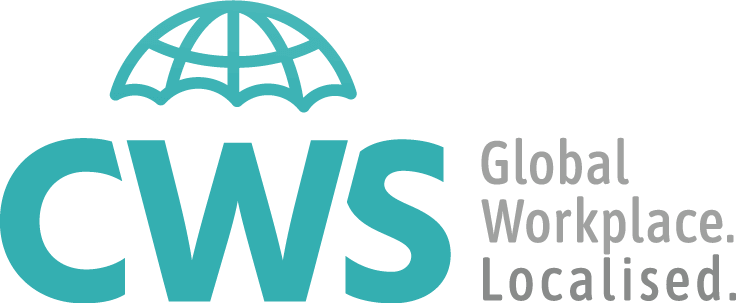This post is also available in: English (אנגלית) Русский (רוסית) العربية (ערבית)
מחשבון - עובד לעומת קבלן עצמאי
Employment Type Calculator - Israel 2025
Compare different employment types: Employee vs. Licensed Business vs. Small Business vs. Exempt Business
חשב סוגי תעסוקה →Opens in new window
התשובה תלויה בכמה גורמים אישיים. באופן כללי, בהכנסות נמוכות עד בינוניות (עד כ-15,000 ש"ל בחודש), העובדים נהנים מהכנסות נטו גבוהות יותר בזכות תעריפים נמוכים יותר של ביטוח לאומי וביטוח בריאות, והעובדה שחלק מהתשלומים מכוסים על ידי המעסיק. בהכנסות גבוהות יותר, עצמאים יכולים להרוויח יותר נטו אם יש להם הוצאות עסקיות משמעותיות שניתן לנכות מההכנסה החייבת במס.
המחשבון שלנו מאפשר לך להזין את הנתונים האישיים שלך ולקבל השוואה מדויקת המותאמת למצב הספציפי שלך.
ההבדלים העיקריים בין קבלן רשום (עוסק מורשה) לקבלן לא רשום (עוסק פטור) הם:
- דיווח מע"מ וחובת תשלום: קבלנים רשומים חייבים לדווח ולשלם מע"מ, בעוד שקבלנים לא רשומים פטורים מכך.
- קיזוז מע"מ קלט: קבלנים רשומים יכולים לקזז את מע"מ הקלט על הוצאות עסקיות, בעוד שקבלנים לא רשומים אינם יכולים.
- סף הכנסה: קבלנים לא רשומים מוגבלים לסף הכנסה שנתי (100,491 שק ב-2025), ואין הגבלה כזו לקבלנים רשומים
- דרישות דיווח: קבלנים רשומים נדרשים לספק דוחות מפורטים יותר ולשמור על ניהול חשבונות מלא.
מבחינת מס הכנסה וביטוח לאומי, אין הבדל בין השניים – שניהם משלמים לפי אותם שיעורים.
מיקרו-עסק הוא מסלול חדש יחסית המיועד לעצמאים עם הכנסות נמוכות. היתרונות העיקריים שלה הם:
- ניכוי אוטומטי: ניכוי אוטומטי של 30% מההכנסה ללא צורך להוכיח הוצאות או לשמור קבלות.
- פשטות: דרישות דיווח ורישום מינימליות, ללא צורך בניהול חשבונות מפורט.
- הגבלת הכנסה: מוגבלת להכנסה שנתית של עד 120,000 ILS.
- אין מע"מ: אין חובה להירשם ולדווח למע"מ.
מיקרו-עסק מתאים במיוחד לעצמאים בתחילת דרכם, לאלה עם עיסוק צדדי, או לעסקים עם הוצאות יחסית נמוכות.
This post is also available in: English (אנגלית) Русский (רוסית) العربية (ערבית)
